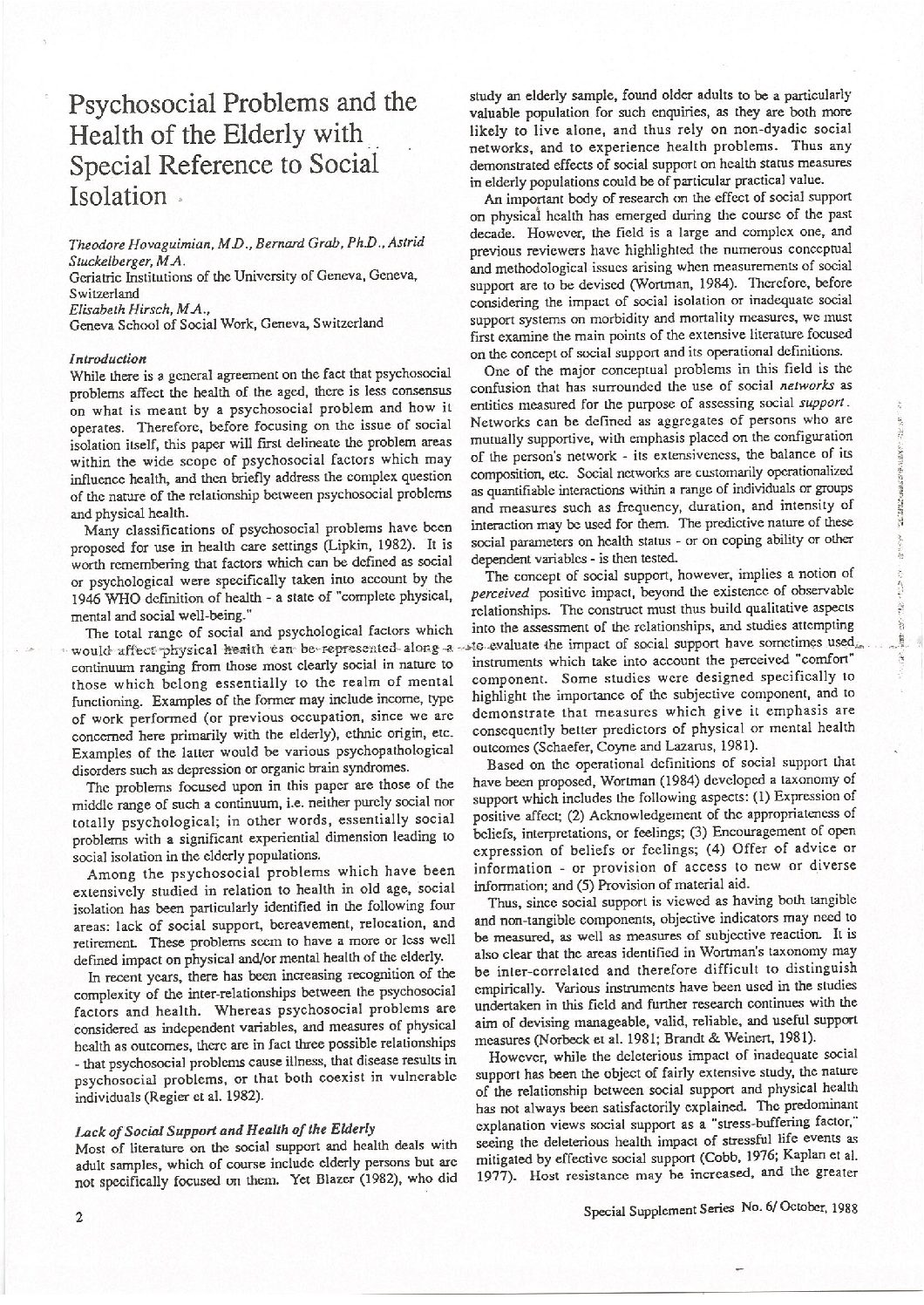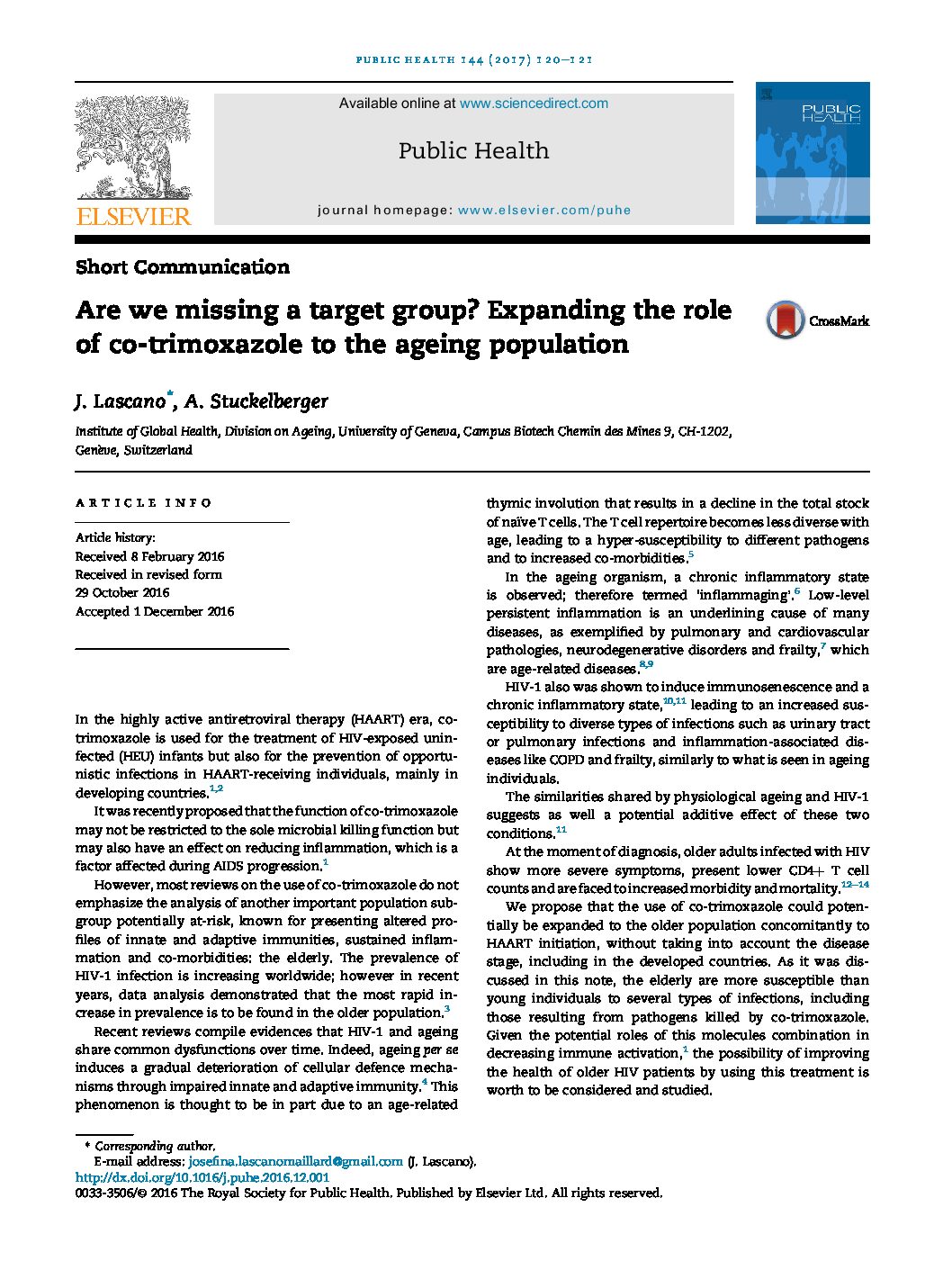«Man kann viel fürs gute Altern tun»
Unter dem Stichwort «Anti- Aging» werden Therapien angeboten, die das Altern verlangsamen sollen. Andreas Stuck, Berner Professor für Altersmedizin, warnt vor falschen Versprechungen und preist breite Prävention an.
Related products
«УМНЫЕ ВСЕХ СТРАН, ОБЪЕДИНЯЙТЕСЬ!»
В начале ХХI века Президент России В.В.Путин, выступая в Евразийском Национальном Гуманитарном Институте им. Льва Гумилева в Астане, обратился к участникам церемонии открытия Года России в Казахстане со словами: «Умные всех стран, объединяйтесь!»
В ответ на призыв Президента В.В.Путина начал свою работу Интеллектуальный Альянс Цивилизаций (ИАЦ) – группа партнерских неправительственных организаций, созданных по инициативе ИАЦ России в Канаде, Германии и Швейцарии. Об Альянсе цивилизаций рассказывают идейный вдохновитель, инициатор создания и Президент ИАЦ, кандидат экономических наук Тамара Владимировна Лавровская и Вице-президент ИАЦ, начальник Отдела философии науки и техники Института философии РАН Владимир Иванович Аршинов
The roles of a Grandmother in African societies – please do not send them to old people’s homes
October 1 is the International Day of Older Persons, a recognition that has been in place for over 20 years now, but I must say very few stop to commemorate this day – myself included [1].
The day is supposed to be celebrated by raising awareness about issues affecting the elderly and to appreciate the contributions that older people make to society [1,2]. What is the one thing that most of us today are going to become? – get older [3]. Populations around the world are rapidly ageing. Age- ing presents both challenges and opportunities. Societies that adapt to this changing demographic and invest in Healthy Ageing can enable individuals to live both longer and healthier lives and for societies to reap the dividends. 80% of people over 60 will live in low-and middle-income countries by 2050 [2,4]. In Africa, old age is a social category experienced in relation to other generations, especially to youth while [5] as in Europe old peoples’ homes have been established and more or less accepted as the living ar- rangement for the elderly. This is however without draw backs. Though moving into a nursing home is an individual experience [6], people who move into a nursing home experience different types of chang- es which they feel to a greater or lesser degree as stressful. The change in social status, the impact on au- tonomy, the feeling of having no place to call home, the change in social contacts, and the reduction of habitual activities rank first in the presentation of the results and endanger the people’s identity which they had before [6,7]. Nursing home residents have experiences which they perceive as compulsive and degrading [8].
MISSING VOICES: ABUSE OF OLDER PERSONS IN THE WORLD
Abuse and neglect of older persons is a major missing item in today’s world agenda.
At all levels, locally, regionally and internationally, elder abuse is under-recognized and underestimated – and therefore not addressed or prevented. Elder abuse – including neglect and abandonment – is an extreme form of discrimination against older persons called “ageism”.
Bioethics Caribe
- Abstracts
- Ethics, Equality & Stigma – Some Issues of Relevance to the English-Speaking Caribbean
- The Changing Face of Stigma: Social Taboos and Ethics
- Disclosure of STD infection to sex partners in Louisiana
- Ethics and Inequalities Associated with Caribbean Impacts of Climate Change
- The Ethical Challenge Posed by Stigma to Public Health Promotion Campaigns and the Health- Care Professional Patient Interaction
- Human Rights: A Framework for Confronting Stigma in the Caribbean
- Ethics, Equality and Stigma: a Canadian Perspective
- Ethical dilemmas of critically and terminally ill HIV/AIDS patients in the ICU








